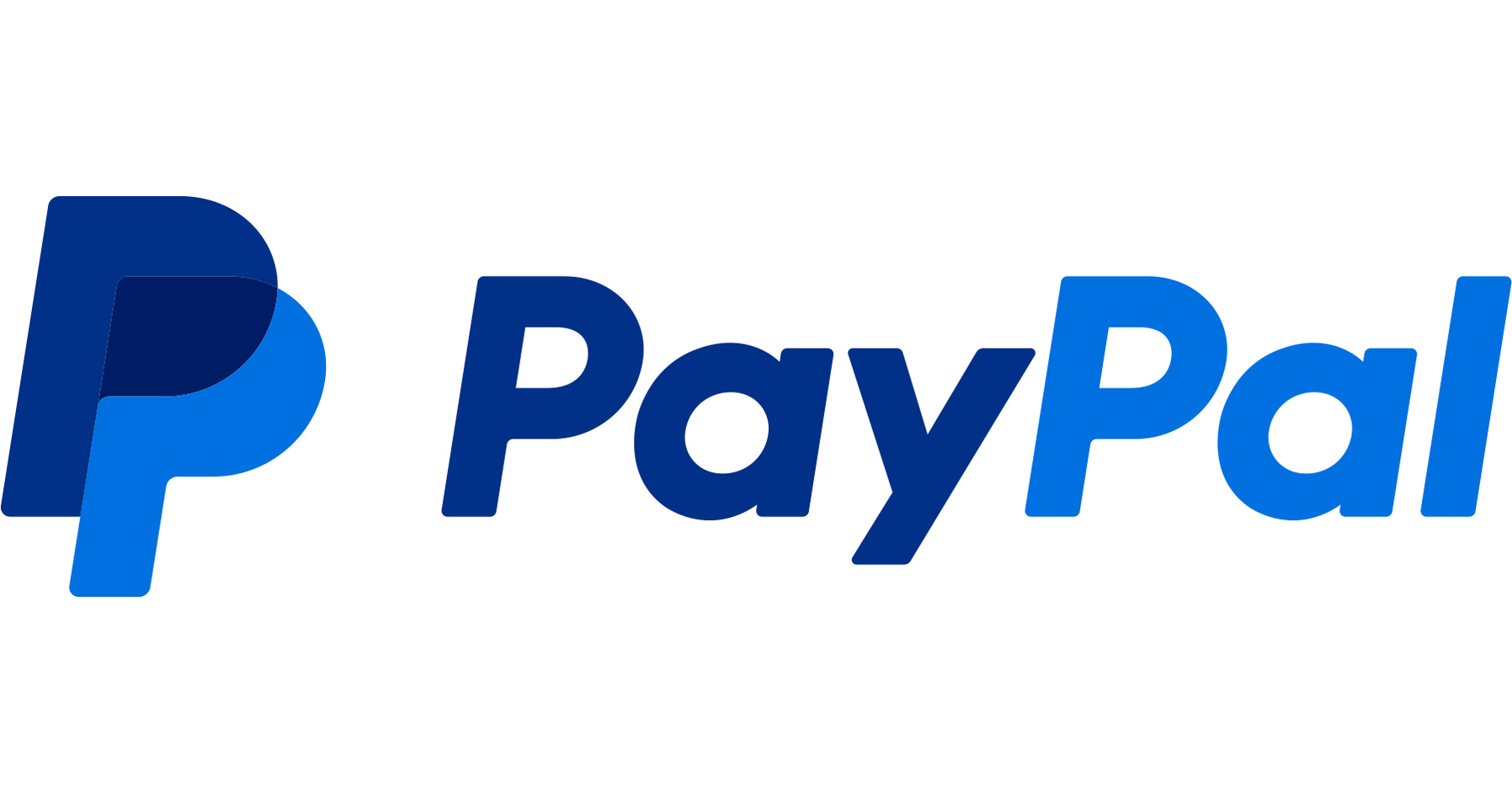
PayPal Executes First Corporate Payment Using PYUSD Stablecoin
PayPal Holdings Inc. has completed its first business-to-business transaction using its proprietary stablecoin, PayPal USD (PYUSD), according to a report by Bloomberg News. The digital payments company settled an invoice with Ernst & Young LLP, potentially signaling a new direction for corporate finance transactions.
The payment, conducted through SAP SE’s digital currency hub, represents a test case for the use of stablecoins in enterprise-level financial operations. While PayPal did not disclose the amount of the transaction, the move highlights the company’s efforts to demonstrate the practical applications of its digital currency in a corporate setting.
Jose Fernandez da Ponte, PayPal’s senior vice president of blockchain, cryptocurrency, and digital currencies, told Bloomberg, “The enterprise environment is very well-suited for it. It’s a very rational conversation to have with the CFO.” This statement suggests that PayPal is positioning PYUSD as a solution for businesses seeking more efficient payment methods.
Launched in August 2023, PYUSD has grown to a market capitalization of approximately $700 million, placing it among the top ten stablecoins globally. However, it still trails far behind industry leaders such as Tether (USDT) and USD Coin (USDC), which boast market caps in the tens of billions.
The use of stablecoins for corporate payments could address several issues in traditional cross-border transactions, including settlement times and reliance on intermediaries. By leveraging blockchain technology, these payments can potentially be executed around the clock with near-instant settlement.
However, the move into corporate transactions also raises questions about regulatory oversight. As stablecoins gain traction in business-to-business payments, financial regulators may need to reassess their approach to these digital assets.
PayPal’s initiative comes at a time when other fintech companies are also exploring stablecoin options. Reports suggest that firms like Robinhood and Revolut are considering launching their own stablecoins in certain jurisdictions, particularly as new regulations like the European Union’s Markets in Crypto-Assets (MiCA) begin to reshape the digital currency landscape.
While PayPal’s transaction with Ernst & Young represents a significant step for the company’s digital currency ambitions, it remains to be seen how widely PYUSD will be adopted for corporate use. The financial industry will likely watch closely to gauge the impact of this development on the broader acceptance of stablecoins in enterprise finance.





